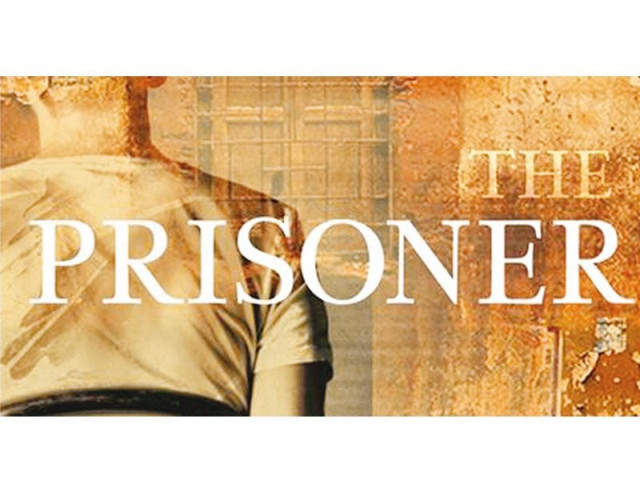Book review: The prisoner - breaking the silence
The story of a city that has been held hostage for too long.

The story of a city that has been held hostage for too long.
The Prisoner revolves around the city’s biggest political party ‘UF’ that is controlled by a ‘Don’ who lives in New York. Don is referred to as only that — with a capital ‘D’ throughout the book. The Don’s ‘ward boys’ rule the land, piling up bodies, extorting money from residents, raping, torturing, and holding the city hostage over one ‘long-distance phone call’.
The main plot revolves around the kidnapping of an American journalist Jon Friedland and the pressure the Pakistani government is put under by the US over his recovery. Only one man has the sources to trace Friedland, a senior police officer Akbar Khan, who is in jail and despised by the UF for his role in the operation against the party.

The debut novel is a fascinating read of the city and the nexus between the intelligence, military, police and political forces in Karachi, and the rise of outfits as added vultures of opportunity.
The two main characters, Constantine and Akbar Khan, differ on the crucial point of extrajudicial killings. While Constantine looks up to Akbar for his competence and courage, he stands opposed to killings in police custody. Both Akbar and Constantine make strong points for their perspectives and the beauty of the novel lies in its ability to eschew hero worship. All characters have their weaknesses and the strongest of people are not presented as saints.
The pressure on the police officer is expressed by some supporting characters, some of whom only make an appearance once. An aged inspector, speaking in defence of Akbar Khan’s arrest and murder of a UF worker, says, “Every Friday, we line up on this same ground to say funeral prayers for our colleagues. I have borne the weight of too many coffins to remain silent now.”
The book then depicts the frustration and anger of police officers caught between the ugly realities of violence. The writer himself has served in the police force for 12 years and lost his father to targeted violence in the city. Omar Shahid has also been targeted during his service and was injured in 2010 when his office was attacked.
The crime thriller will be all too recognisable for the people of Karachi and anyone familiar with how the city functions. Easy parallels can be drawn between the fictional characters and their real-life counterparts, as well as incidents. The book also manages to describe the friction between different class structures and cultural variation between elite localities and the majority of the city.
The fast-paced debut novel is one of the most honest and courageous pieces of writing about Karachi’s recent past. It is a book for the weary citizens of Karachi who have been silenced for too long, who have spent their lives paying extortionists, who grew up knowing what the words ‘gunny sacks’ and ‘body bags’ meant and who could surely use some space to speak out against the decades of violence they have been subjected to.
Published by Pan MacMillan India, the book is available for Rs716. Zehra Abid is part of the editorial team at The Express Tribune. She tweets @zehra_abid4
Published in The Express Tribune, Sunday Magazine, January 26th, 2014.



















COMMENTS
Comments are moderated and generally will be posted if they are on-topic and not abusive.
For more information, please see our Comments FAQ